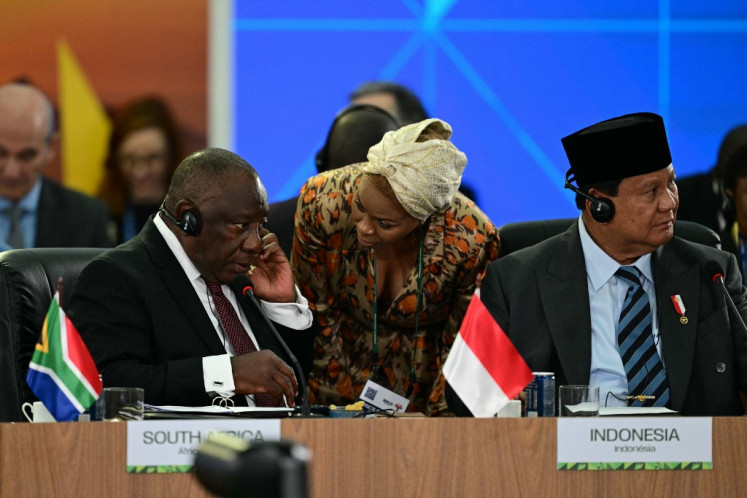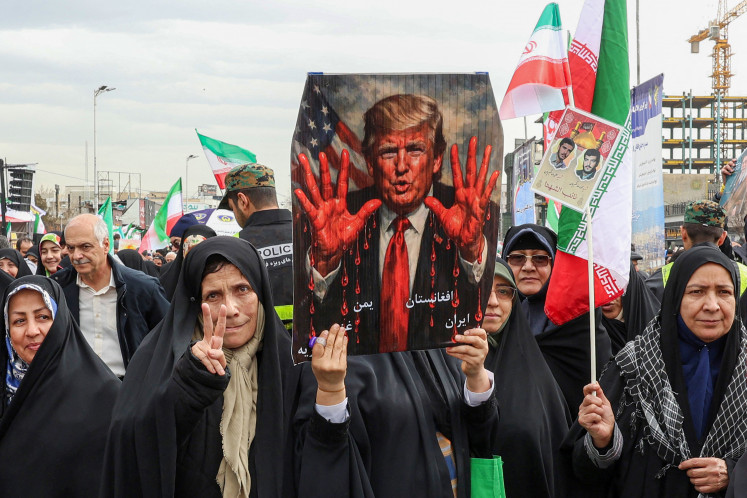Popular Reads
Top Results
Can't find what you're looking for?
View all search resultsPopular Reads
Top Results
Can't find what you're looking for?
View all search resultsInequality exacerbates corruption by elites
Change text size
Gift Premium Articles
to Anyone
C
orruption and economic inequality are like a vicious circle. Both have a significant impact on each other. Unfortunately, growing discourse on corruption and its eradication rarely mention economic inequality as a crucial issue.
Indonesia Corruption Watch recorded 454 corruption cases in 2018. A survey by Transparency International in 2018 ranked Indonesia 89th on the corruption perception index, much worse than neighboring countries such as Malaysia ( 61 ), Singapore (3) and Brunei Darussalam ( 31 ).
Meanwhile, inequality has remained extremely high. Statistics Indonesia (BPS) reported that as of September 2018, Indonesia’s Gini ratio stood at 0.384, with a ration of 1.0 reflecting perfect inequality.
The Palma ratio, another measurement alternative to the Gini ratio that places zero as perfect equality, gave 1.8 to Indonesia for 2010-2017.
This ratio is calculated by dividing the gross national income by 10 percent of the richest population with the 40 percent of the poorest.
Nevertheless, discussion mostly emphasized corruption as a cause of perpetual inequality. Not much discourse sees inequality as a “scapegoat” for rampant corruption.
Consequences of the high level inequality are the super-rich and wealth accumulation.


















